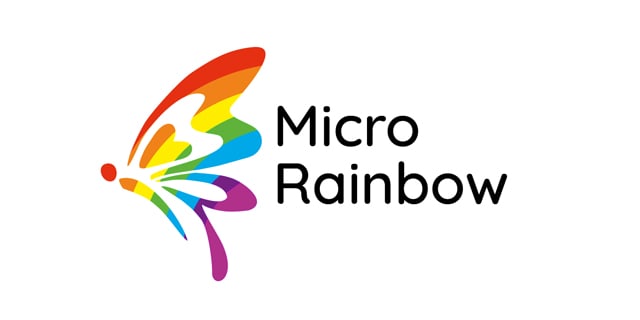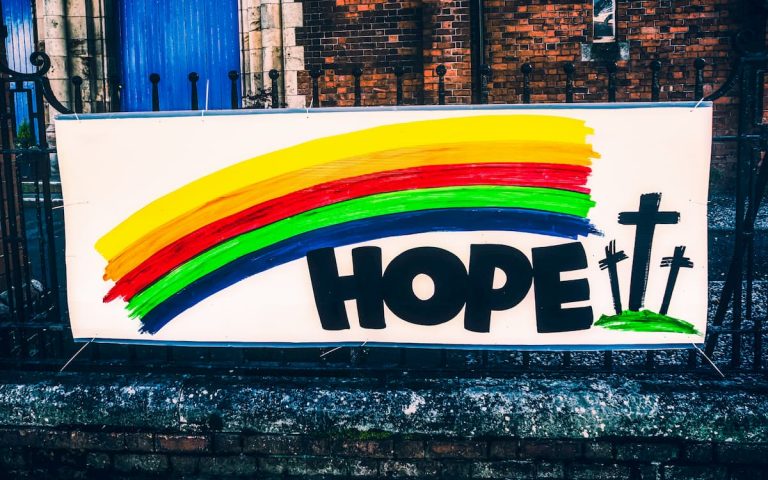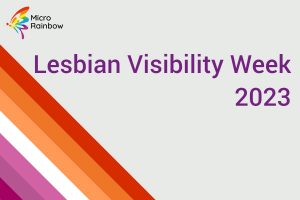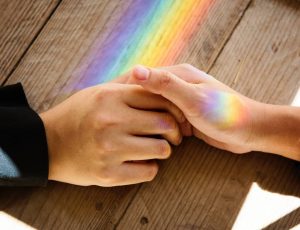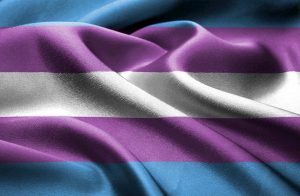LGBTI migrants have been hit hard by the COVID-19 pandemic. Micro Rainbow works with around 400 LGBTI migrants every year providing them with housing, social inclusion and moving on support. During normal times, they are often homeless or at high risk of homelessness. Live in domestic servitude or are engaged in other exploitative work in restaurants, building sites and other sectors. Their legal status is uncertain or is being fought in the immigration courts which discourages them from accessing healthcare or the police for fear of repercussions to their legal cases. They are extremely isolated as their sexuality or gender identity or intersex status means they do not benefit from the support of co-nationals or family members.
What we found is that LGBTI migrants are at high risk from COVID-19 at this critical time:
- they have limited access to cleaning and washing facilities,
- they live in overcrowded rooms rented from unscrupulous landlords,
- they sofa surf and their ability to social distance or isolate is close to non-existent.
Challenges faced by LGBTI migrants
As a direct result of measures to prevent the spread of COVID-19 they are a community facing increased challenges. In our work, we found the top three challenges are:
Homelessness
Since the COVID-19 pandemic started and social distancing has become a necessity, many LGBTI migrants are being asked to leave their friends’ houses making them homeless. Also, we know of several cases of people who, due to the confinement, could not tolerate the homophobic/transphobic abuse they were subjected to and had no choice but to become homeless at one of the most critical times in recent history. This exposes LGBTI migrants to a higher risk of contracting and spreading COVID-19.
Livelihoods
Many LGBTI migrants have jobs in the informal sector with no protection and they have lost their livelihoods. We recently worked with a lesbian in domestic servitude who was asked to leave the family for fear of spreading the virus: she lost her job and became homeless. People in these situations do not have savings and due to their status they are now experiencing food poverty. Asylum seekers live on £37 a week and cannot afford to stockpile or to order online and pay delivery fees. Having enough food or money for medicines has become a recurrent issue during COVID. They are not going to benefit from the Governments COVID-19 support schemes for employees as their existence is outside this narrow formalised setting.
Isolation and lack of connectivity
LGBTI migrants already suffer from extreme isolation because of their legal status and the rejection they face by their ethnic communities in the UK. With the lockdown, they are left alone often with no support. Many cannot afford phone contracts and use pay as you go systems. They cannot go to the places where they usually access free WIFI because of COVID-19. They have become extremely isolated. Also, because they have no spare cash to top up their phones, they cannot search for the nearest shelter or food bank. Their lack of internet access means they have no possibility to find entertainment or be in contact with their lawyers and friends. In addition to the extreme isolation, there is now additional uncertainty around people’s legal cases leading to declining mental health, panic and desperation.
Micro Rainbow’s response to these challenges
In response to these challenges Micro Rainbow has:
- Increased our safe housing capacity to over 16,000 bed-nights a year.
- We have digitised our popular social inclusion programme.
- Thanks to the support of various funders, we are able to offer mobile data top-ups and WIFI.
- We have also secured funding to provide food parcels and emergency funds for LGBTI migrants at immediate risk of homelessness.
However, many possibly infected with COVID-19 will not access healthcare for fear of being reported to the Home Office. Many will become homeless because they do not have social safety nets. These are some of the people who will suffer disproportionately during this pandemic because they will be forgotten by the Government. They won’t make the news.
This article appears on Frontline Network as well.
